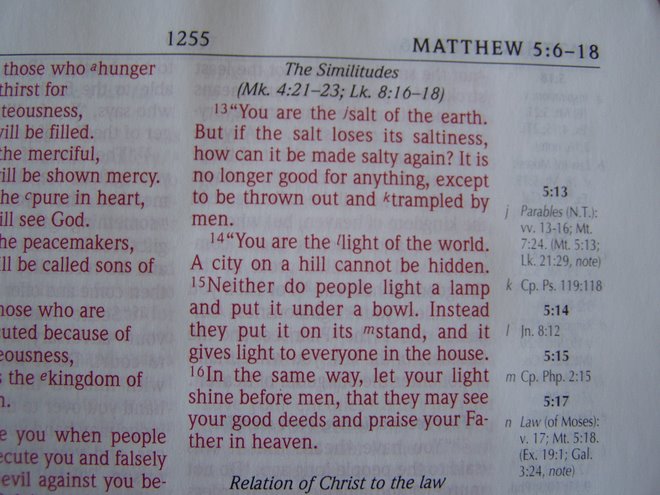- The broad road that leads to death
- The narrow road that leads to life
There is not an infinite number of choices: only one choice involving two paths.
The tragedy is that otherwise reasonable men become so enamoured with the spaciousness and popularity of their path that they take little thought as to it's destination. Should they hear that it leads to destruction, they will deny it, arguing that they are no worse than others on the same road, and that in any case God would not permit the destruction of so many. Let me state emphatically that the Scriptures do not encourage such optimism. Jesus himself insists that only the narrow way leads to life.



